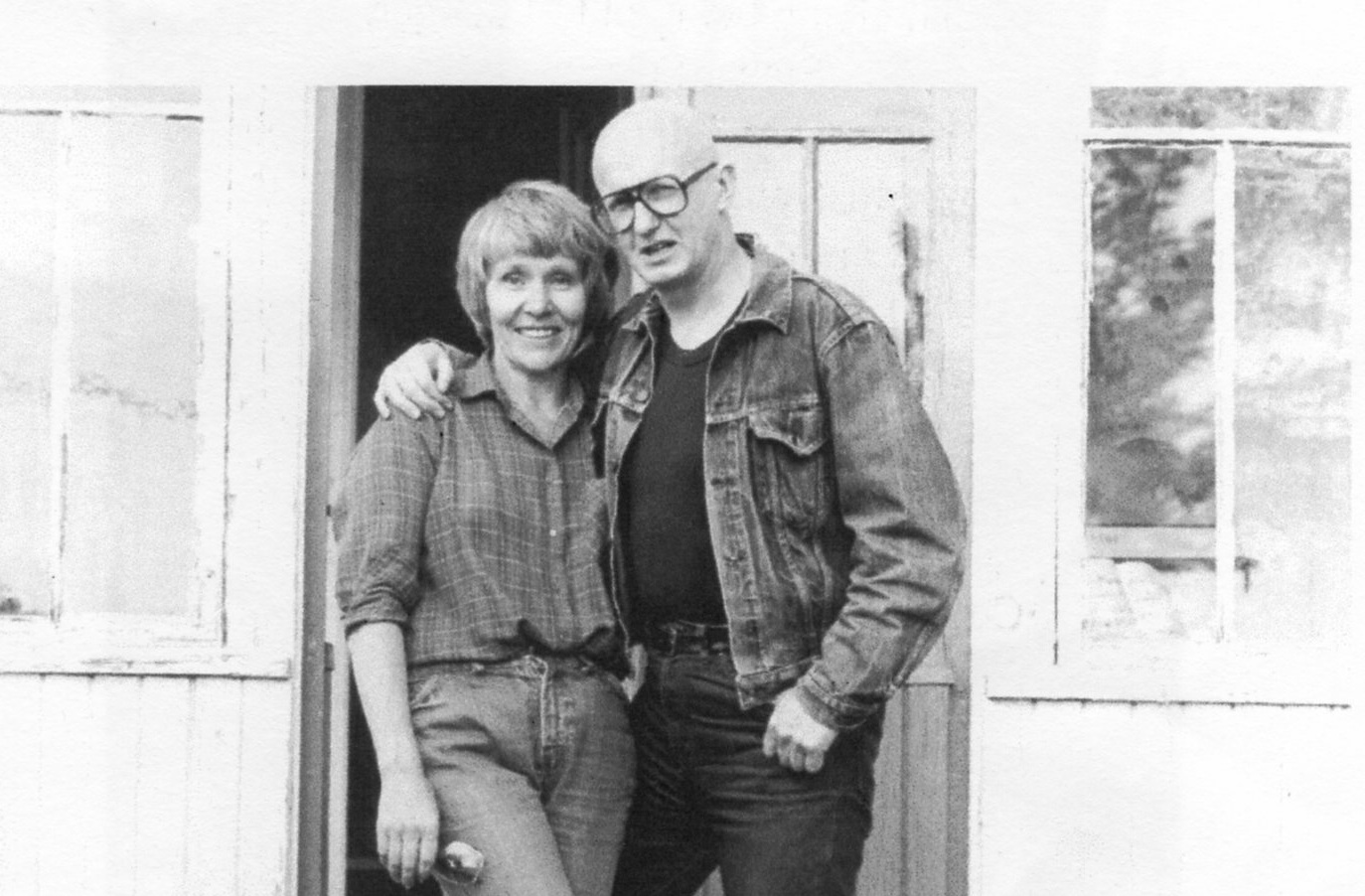Author Julian Barnes pays warm tribute to Philip French at film critic's funeral service
Friday, 20th November 2015

“HE once challenged me to identify an object that was on a shelf,” the prize-winning author Julian Barnes told 200 mourners at the funeral of Observer newspaper film critic Philip French on Friday.
“It was round, about eight by ten and made of metal. Philip said: ‘Look at the colour.’ It was bright red. I looked at it, thought about it and gave up. The mystery object was the letter ‘O’ from the word Odeon. It had come from the facade of the Highgate Odeon.”
Mr Barnes said his friend had ‘liberated’ it from the old cinema before it was demolished.
The anecdote was just one in a series of warm stories underlining Mr French’s devotion to the silver screen which were told at Golders Green Crematorium. The critic, who lived in Dartmouth Park and worked for the Observer for more than 50 years, died earlier this month, aged 82.
The music was appropriate: hymns with a Western bent and “Singin’ In The Rain”, from one of his favourite movies. His son, Patrick, spoke of his father’s upbringing, education and national service. Mr French had won a journalism scholarship at Indiana university, although his first move, Patrick revealed, was to “immediately go to the movies, watching The Pajama Game starring Doris Day”.
It was in the United States that he met wife-to-be Kersti. He was soon writing to his parents, Jack and Bessy, informing them he had married a “nice Swedish girl”. The couple spent the next 58 years together and have three sons, Sean, Patrick and Karl.
On his return to England, he worked on the Bristol Evening Post and then the BBC. In 1964, the couple moved to Dartmouth Park Road and he joined the Observer as a critic. “He did not have a private persona,” said Patrick, who also lives in the area. “Philip wrote how he spoke at home – but with much more swearing. There was a lot of talking, asking, discussing – and it all led back to films.”
Philip had a slight speech impediment – but he even used this to bolster his conversation, added Patrick. “His stammer lasted just long enough for him to think of a humorous pun,” he said.
Mr Barnes added: “He was metropolitan rather than academic, cross-cultural and politically attuned. He believed the arts did not exist in isolation, and that cinema was the great democratic art form of the 20th century. He was unproprietorial with knowledge. He felt the point of knowing something was to share it.”
Observer editor John Mulholland added: “Initially, Philip was asked to stand in for holidaying or otherwise engaged critics across film, theatre and literature. It was a time when Kenneth Tynan, Philip Toynbee and Terence Kilmartin were giant figures in British intellectual life. For some years Philip graciously fulfilled this deputising role, so much so that when interviewed about his early life at the Observer he recalled that he deputised as a general-purpose critic so often that when asked what might be inscribed on his gravestone, he replied: “Kenneth Tynan is away”.
And his wife Kersti told of her first impressions when they met. “I wondered how he knew so much about so many things,” she said. “He opened my eyes to things I would not otherwise have seen.”
Son Karl recalled how his father shook uncontrollably at jokes, sang an endless scat version of “Sunny Side of the Street” and could never pass up a chance to crack a gag. “He was profoundly serious about politics, history and culture – yet he had a sense of the absurd,” he said, before the family laid flowers and said goodbye to the strains of the “Finale” from the film Once Upon A Time in the West.